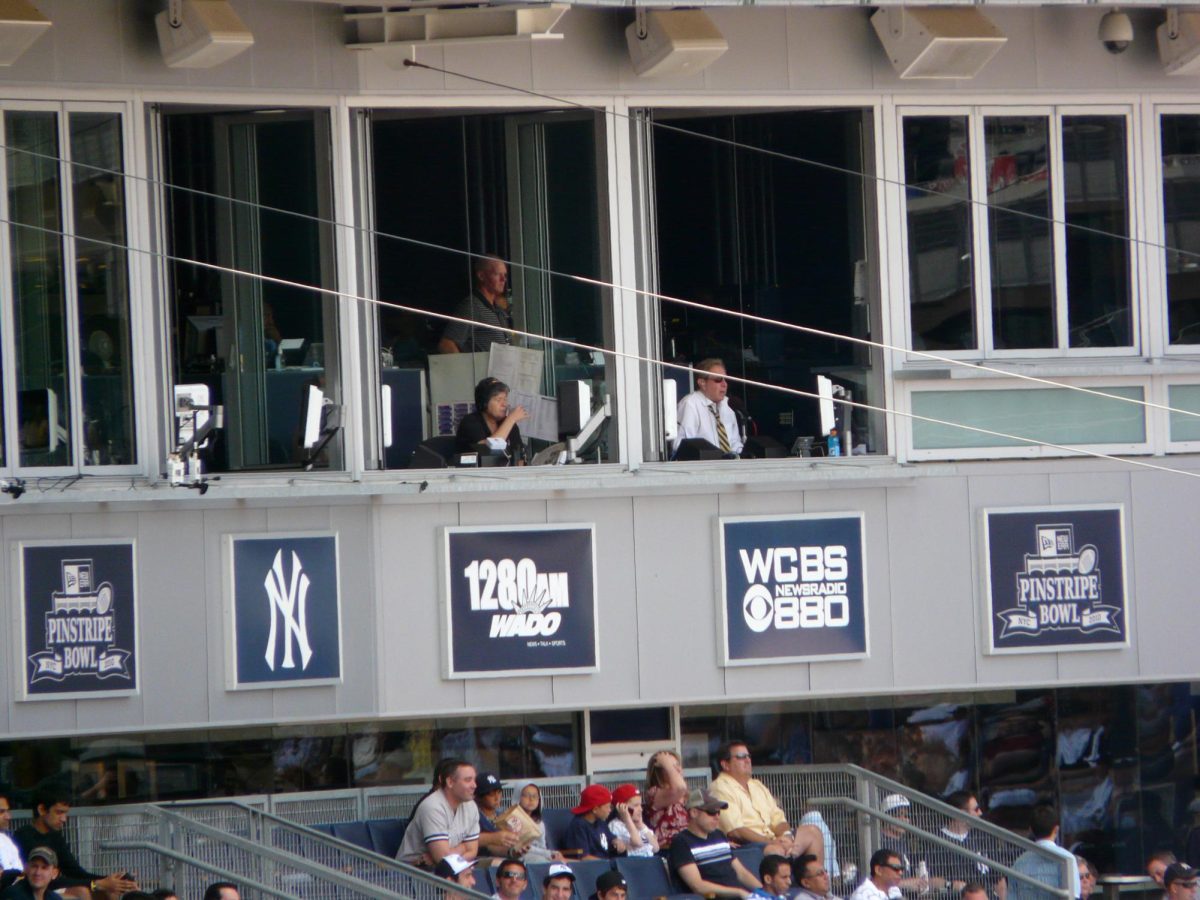This semester, I decided to take “History of Baseball” with Professor Chandra Manning. I knew I would like the class as soon as I registered, but I didn’t know how it would quickly become my favorite class I’ve taken at Georgetown University.
A large contributor to my enjoyment of the class has been learning more about some of my Jewish ball-playing childhood heroes. As the Jewish holiday of Passover has just begun, I thought it would be a great opportunity to call attention to Hank Greenberg, also known as “Hankus Pankus,” one of the greatest Jewish ballplayers of all time.
Among Jewish households like my own, Dodgers pitcher Sandy Koufax often receives praise from the more devout members of my family for sitting out the first game of the 1965 World Series because it was Yom Kippur, the Jewish day of atonement. What’s often left out, however, is the fact that Hank Greenberg had set that very precedent nearly 30 years before Koufax stepped foot on a Major League Baseball (MLB) diamond.
Greenberg, a power-batting first baseman who famously played for the Detroit Tigers, retired after only nine full seasons, missing the prime years of his career to serve in the army during World War II. Nevertheless, he accumulated 331 home runs and 1,276 runs batted in (RBI) in just 1,394 games and a career batting average of .313 (or an on-base plus slugging (OPS) of 1.017 for the smarties reading). He was named to the All-Star team five times and won the American League most valuable player (MVP) award in 1935 and 1940.
But most importantly, Greenberg was a Jew during a time when it was especially hard to identify as one. Historian Michael Beschloss wrote in The New York Times that the “1930s were the high solstice not only for Greenberg’s career but also for anti-Jewish anger in the United States.”
Throughout his career, both fans and players yelled antisemitic slurs at Greenberg. Further, Greenberg had to address antisemitism head-on in Detroit, Mich., where both Charles Coughlin and Henry Ford were based.
Coughlin, a passionate Catholic priest and speaker, fervently incited the public to engage in antisemitic rhetoric, broadcasting his hateful views to as many as 40 million listeners during his weekly radio shows. Meanwhile, Ford, who established Ford Motor Company in Detroit, declared that Jews were responsible for America’s problems.
Born to Orthodox Romanian Jewish immigrants, Greenberg faced a tough decision during the 1934 season. On the same day as Rosh Hashanah, the Jewish New Year, Greenberg’s Detroit Tigers had a crucial matchup against the Boston Red Sox and were only four games away from playing Babe Ruth’s New York Yankees in the race for the American League pennant.
In his autobiography, Greenberg wrote that the “team was fighting for first place, and I was probably the only batter in the lineup who was not in a slump. But in the Jewish religion, it is traditional that one observe the holiday solemnly, with prayer. One should not engage in work or play. And I wasn’t sure what to do.” Greenberg’s rabbi said that Rosh Hashanah was a “festive holiday” and playing would be acceptable.
Hankus Pankus ended up playing on Rosh Hashanah, hitting 2 home runs, one of which was a ninth-inning game-winner. “I caught hell from my fellow parishioners, I caught hell from some rabbis, and I don’t know what to do. It’s 10 days until the next holiday — Yom Kippur,” Greenberg said.
Reversing course, Greenberg sat out the Tigers’ game during Yom Kippur, attending services at Detroit’s Shaarey Zedek congregation instead. The Greenberg-less Tigers ended up losing 5-2 on Yom Kippur, and their first-place lead over the Yankees shrunk to six-and-a-half games.
A few days after Greenberg’s decision to sit out Yom Kippur, the Detroit Free Press published the following poem written by Edgar Guest titled “Speaking of Greenberg.”
“Came Yom Kippur — holy fast day worldwide over to the Jew / And Hank Greenberg to his teaching and the old tradition true / Spent the day among his people and he didn’t come to play / Said Murphy to Mulrooney, ‘We shall lose the game today!’ / We shall miss him on the infield and shall miss him at the bat / But he’s true to his religion — and I honor him for that!”
So at your Passover table this year (or even maybe at Epi’s), I implore you to correct the next person who mentions Koufax’s decision to sit out on Yom Kippur. Have a happy Passover!










John M Dusza • May 1, 2024 at 7:21 pm
Very well written and interesting.
David heafitz n • Apr 28, 2024 at 9:46 pm
Excellent story! Thanks for shedding light on how much of a pioneer Greenberg was as well as such an amazing player.